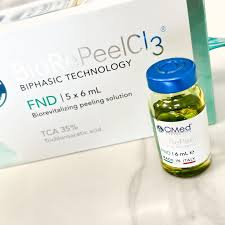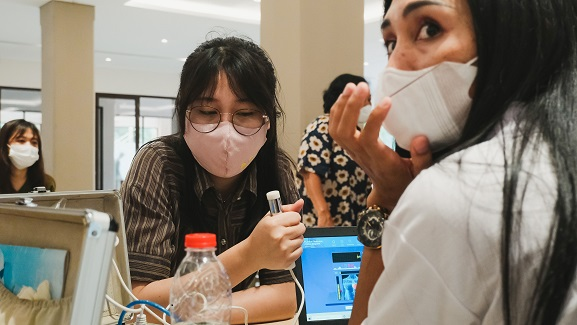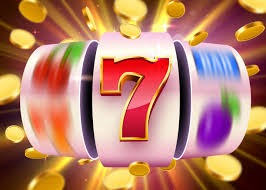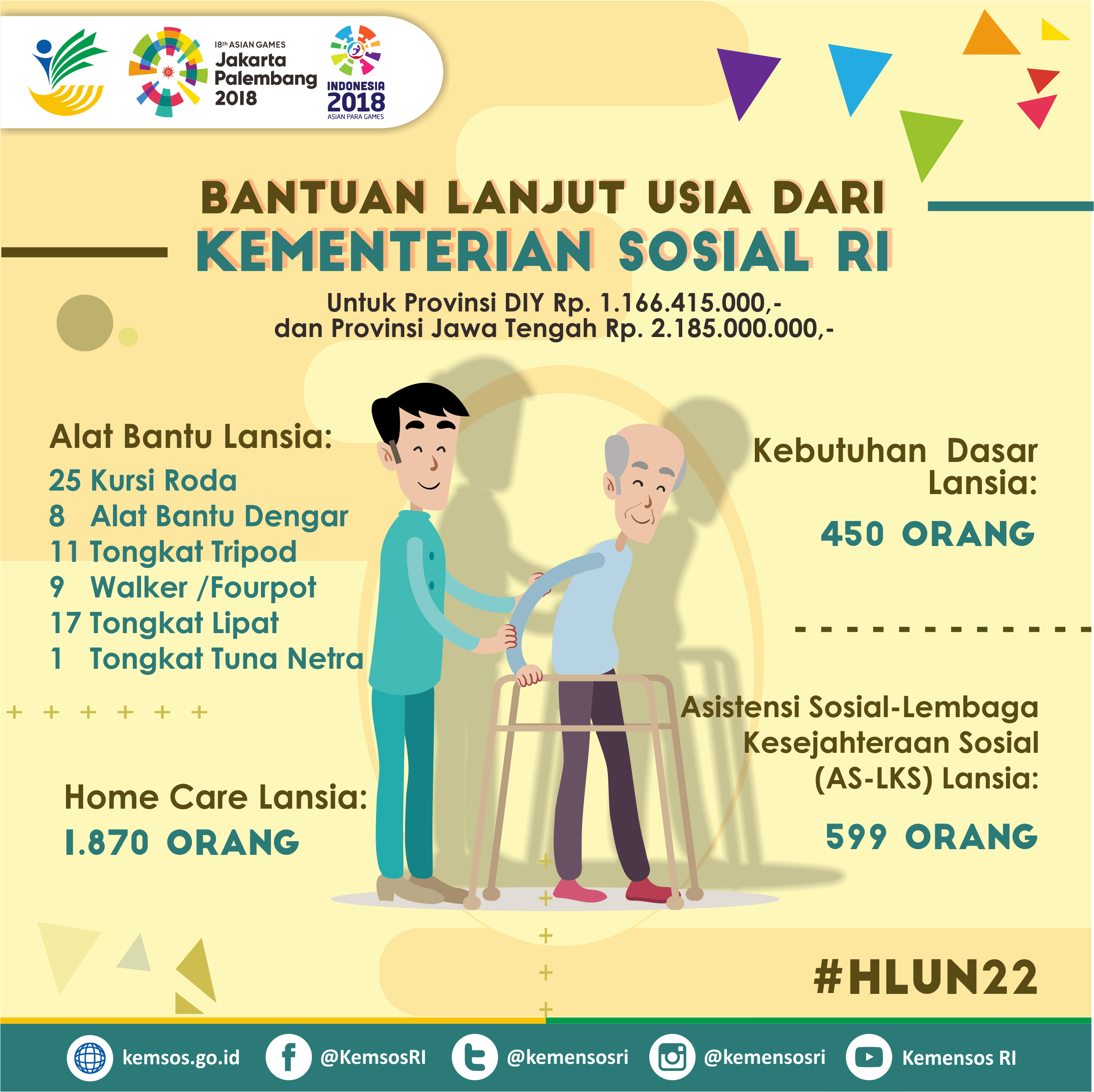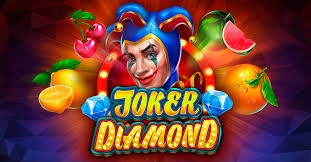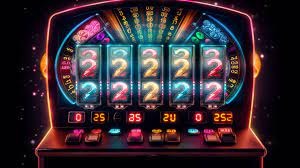
When an individual consumes alcohol regularly, the CNS becomes accustomed to its depressant effects. The body, in response, produces more excitatory neurotransmitters to counteract the sedative properties of alcohol and maintain neural equilibrium. However, when alcohol consumption ceases or is reduced, the body still produces an excess of these excitatory neurotransmitters, leading to hyperactivity in the nervous system.
Alcohol Withdrawal
Since there is an overlap of possible signs and symptoms, individuals may choose to contact a healthcare professional if they experience any of the above symptoms. If you suffer from essential tremor and are looking for an effective solution, check out Cala Trio therapy. The first-in-class Cala Trio therapy offers individualized treatment for hand tremors with a wrist-worn device that sends electrical alcohol shakes stimulation to nerves in the wrist. This stimulation is believed to help with tremors by disrupting the network activity that causes them. The therapy is calibrated for your specific tremor and is part of an essential tremor treatment plan to help you manage symptoms. Damage to the cerebellum from drinking usually takes about 10 years to occur and shows up on an MRI as shrinkage in the cerebellum.

Will I Experience Symptoms of Withdrawal?
However, alcohol shakes are often the first sign that a more serious problem exists. As such, it’s important to take a step back and reflect when you notice alcohol tremor signs. Before contacting your physician about alcohol tremors, we recommend gaining insight into the possibility you may need more than prescription medications for alcohol shakes. Although alcohol nerve damage is not life-threatening, it will reduce a person’s quality of life and require ongoing supportive treatment.

Why Do Alcohol Withdrawal Symptoms Occur?
That craving may be particularly exacerbated by the shakes, which is a clear physical manifestation of withdrawal. Withdrawal is a phenomenon that people experience when a substance or activity is removed from their lives. It can take many different forms, from a sense of mild longing to a deep, unstoppable craving. People who experience withdrawal frequently wish to be reunited with whatever it was they’d become habituated to, and they will often go to great lengths to be reunited with that thing. Such substances or activities can include sex, shopping, gambling, drugs, alcohol, sugar, and overeating, among many other things.
What can recovering alcoholics do to reduce tremors?
- Heart rhythm disturbances during a cold turkey detox can cause heart arrhythmias serious enough to interfere with normal heart contractions.
- Some individuals may develop a tremor similar to the one experienced by individuals with Parkinson’s disease.
- You don’t have to have struggled with alcohol for years or be dealing with a severe addiction to suffer the shakes.
- Alcohol is on one side, slowing down central nervous system (CNS) activity.
- A small percentage of people going through alcohol withdrawal have hallucinations at this point.
Creamy, chocolaty and always festive, hot chocolate is guaranteed to give anyone’s mood a boost. Instant hot chocolate packets are convenient but don’t always make the most enjoyable cup. Alcohol can also impair your ability to get restorative rest because you’re less likely to enter REM sleep, which has been shown to increase your risk of dementia. The National Institute on Alcohol Abuse and Alcoholism also offers an Alcohol Treatment Navigator tool that can help you find the right treatments for you that are close to home.
Whether you’ve recently quit drinking or are well-adapted to sober life, social gatherings can sometimes be an uncomfortable experience. When friends and family are enjoying alcoholic beverages, it’s easy to feel left out of the celebration as you sip a soda or plain water. Fortunately, there are plenty of ways to enjoy a fun beverage while staying alcohol-free.

- DTs is possible when someone with alcohol use disorder, especially moderate or severe alcohol use disorder, suddenly stops drinking entirely.
- Consuming a large quantity of alcohol causes inflammation of the nervous system.
- This creates a state of temporary confusion and leads to dangerous changes in the way your brain regulates your circulation and breathing.
- A formal diagnosis of alcohol shakes is sometimes referred to as a cerebellar tremor.
The spicy chile mingles with the tart pineapple for an intense flavor, while the club soda tones everything down to a perfect drinking level. And like all the best drinks, it can be prepared according to your exact preferences. Make it hot or iced, with cream or sugar, and tailor it any way you please. Plus, you don’t have to leave the house to have a great cup of coffee.
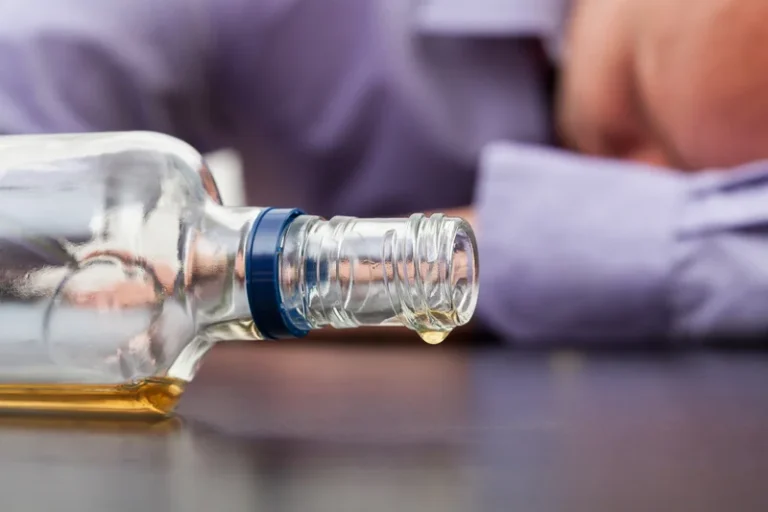
A person who often gets hangover shakes might want to discuss AUD treatment with their doctor. Seven to nine hours of quality sleep is one of the most powerful tools to help you avoid https://ecosoberhouse.com/. Your sympathetic nervous system deals with responses to stress, which includes things like sweating, increased heart rate, and — you guessed it — shakes or tremors. Many people experience shakes and tremors when they’re hungover, but they’re unlikely to be the same from one person to the next. Engaging in appropriate lifestyle habits can also help improve alcohol shakes.
The risk of death is also higher if you have other severe medical conditions. The earlier a person gets treatment for DTs, the better the odds of survival and a positive outcome. One of the priorities in treating this condition is to lower nervous system activity. A healthcare provider will treat this using drugs that reduce how active your CNS is. How long alcohol shakes last during withdrawal is influenced by factors such as the amount and duration of alcohol use, as well as individual metabolism.































